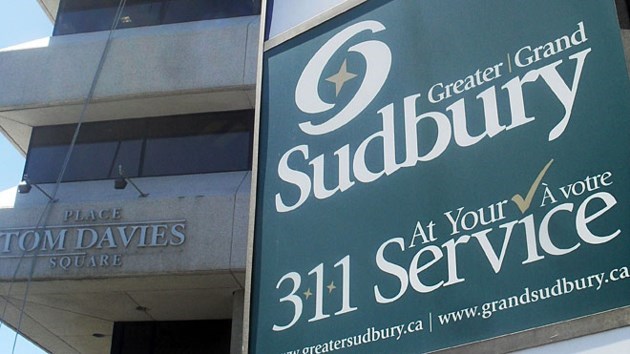The City of Greater Sudbury’s reserve funds lag behind similarly sized municipalities because not enough money is being set aside for a rainy day.
Although the amount of money sitting in city reserves has fluctuated, the ends of both 2014 and 2020 found the total hit a respective $156.22 million and $156.63 million.
Sudbury.com is using 2014 as the starting point to represent the current city council’s legacy because the 2018 election found little turnover in council chambers, when Ward 4 Coun. Geoff McCausland and Ward 11 Coun. Bill Leduc were introduced.
Alongside the City of Greater Sudbury’s ballooning debt, Ward 8 Coun. Al Sizer recently cited the city’s limited reserves as reason enough to deny many of the business cases presented for 2022 budget deliberations.
“The easiest analogy I can give is it’s just like a homeowner having a bank account and having reserves put away to maintain unexpected expenditures,” he told Sudbury.com this week, adding that in the event of something unexpected occurring it ensures the city has wiggle room.
“It stabilizes what happens so we don’t have to go back to the taxpayer to cover those deficits.”
In 2015, the city reached a zero-per-cent tax increase by withdrawing $6 million from reserves, which Sizer said is a mentality council has maintained in guarding against tax increases.
Sizer’s concern regarding reserves is shared by city administration in past reports to council as well as the BMA Management Consulting Inc.’s latest municipal study for 2020.
Among Ontario municipalities in its class, the City of Greater Sudbury lags far behind the average when it comes to its reserve funds.
The city’s tax discretionary reserves as a percentage of own-source revenue was 26 per cent in 2019, which lags behind the average of 60 per cent among similar Ontario municipalities.
A Feb. 11, 2020, report by city administration made note of the city’s shortcomings in reserve funds, noting it’s “an indication that the City does not have as much flexibility to use reserve funds to immediately address unanticipated expenditures.”
“With unplanned asset failures and climate change effects, the risk is growing that reserves are insufficient to continue using them the same way we have in the past. We need to plan and fund reserves with dedicated allocations to lower the risk.”
The City of Greater Sudbury’s 2019 annual report (the 2020 report hasn’t been completed yet) notes that 12 of the city’s 21 reserves with required minimums fell short of their requirements, while nine met or exceeded their minimum limits.
The city maintains 56 reserves, but within the 21 reserves with minimum limits the city had an overall balance of $47 million, falling shy of these reserves’ combined minimum requirement of $156.9 million.
“Overall, the City reserve balance is considered low compared to other municipalities and best practices,” the annual report notes.
“Reserves and Reserve Funds are part of good management that allows for funds to be spent judiciously over time or to ensure service levels are maintained and not immediately impacted by a potential downturn in the economy. The City of Greater Sudbury reserves and reserve fund balances continue to be a key component of our strong credit rating.”
Earlier this month, it was reported that Standards & Poor’s Global Ratings had reaffirmed the City of Greater Sudbury’s AA Credit rating for the fourth consecutive year, prior to which a rating had not been established.
Moving into 2022 budget deliberations, Sizer told Sudbury.com he plans to continue advocating against increased expenditures such as those presented in numerous business cases the city’s elected officials are expected to debate.
Although he said all of these business cases have merit, the city’s financial situation informs his position, especially with so many large-scale projects already on the go such as the Kingsway Entertainment District, the Pioneer Manor upgrade and the widening of Municipal Road 35.
“I just think it’s time to take a pause and reassess priorities and see where we want to go with this,” he said of the collection of new projects slated for debate.
“There are benefits to doing this, but there are some risks, and I guess that’s my concern, is how much risk are we willing to take? In my opinion, we’re there. I think we should pause.”
Tyler Clarke covers city hall and political affairs for Sudbury.com.
